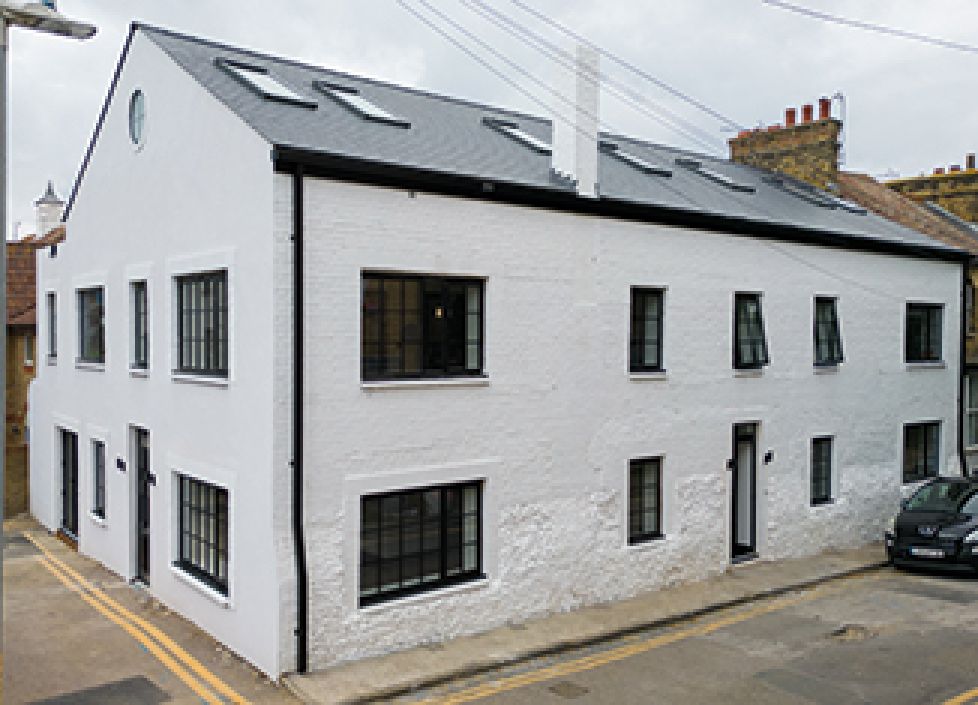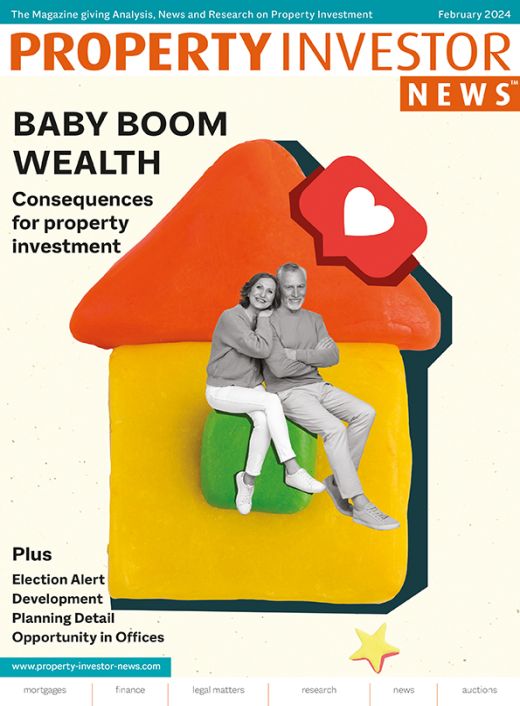Some forecasters are expecting commercial capital values in the UK to fall sharply in 2017, according to Capital Economics (CE). However, the firm adds in its October Commercial Property Update that 'this is unlikely unless we have significantly underestimated inflation pressures in the economy and, as a result, interest rates rise far faster than currently seems likely.'
CE adds: 'We expect all-property capital value growth of 3% (in 2017). However, the most pessimistic forecaster surveyed expects capital values to fall by 16%.'
So how big is the risk that UK commercial property might experience a collapse in capital values in 2017?
Given that even the most bearish forecaster expects at least some rental growth in 2017 the forecast for a fall in capital values that year is driven more by the fear of a withdrawal of investor demand rather than occupier dynamics.
However, CE does forecast that the UK base rate will rise to 1.5% by the end of 2017, but such a move is unlikely to send a number of commercial landlords into panic selling, especially as commercial rents are currently rising in many areas. The CE report adds: 'It is not impossible that the Bank of England could be forced to tighten monetary policy faster than expected. The MPC could become concerned about asset price bubbles, or the threat of above-target inflation arising from a commodity price shock, or perhaps a sterling depreciation due to rising US rates or political uncertainty around the EU referendum.'
London commercial property still in demand
It is hard to foresee a slide in capital values in London over the next couple of years as demand is still far outweighing supply, according to the autumn 2015 Avison Young Commercial Real Estate Investment Review, which reports that Central London saw a 26% increase in investment levels in the first half of 2015, totalling £16bn.



















